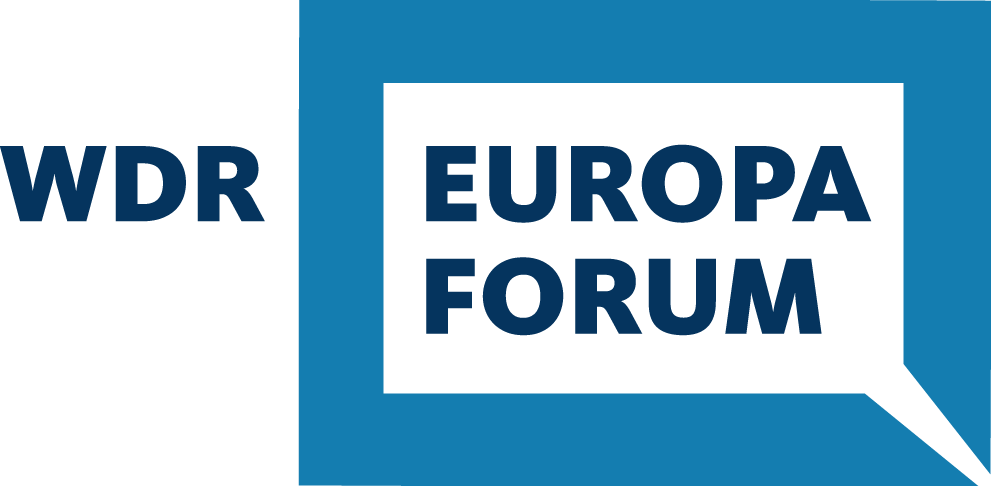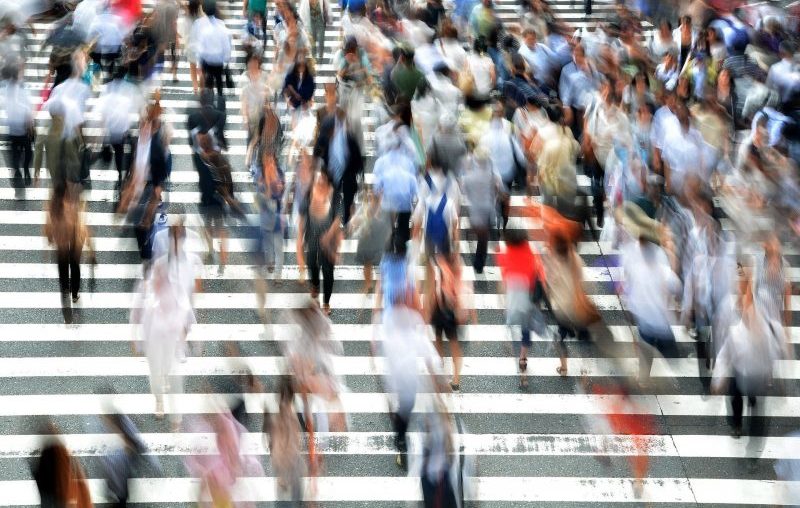25th International WDR Europa Forum 2023
Marginalised in geopolitics?
Europe's role after the ‘Zeitenwende’
Supporting Ukraine against Russia’s aggression is just one of the new challenges Europe is facing. The ‘Zeitenwende’, or turn of the times, has thoroughly changed framework conditions for all major tasks of the EU.
Russia’s invasion of Ukraine has massive consequences far beyond the immediate events of the war. In addition to the suffering of the victims of destruction and attrition, and the deaths of many thousands, the supposedly reliable conditions in international relations have been shaken. The turning point of February 24, 2022 – that much is certain, despite all uncertainty about the outcome of the war – is a key moment of global dimension in the history of the 21st century.
Europe is facing a geopolitical acid test. It is not yet clear what balance of power Vladimir Putin’s murderous attempt to subdue the neighbouring country will leave in its wake. But already changing priorities and new imperatives dominate the political debate and agenda: military logic has moved to the strategic center, economic interdependency is considered a liability, increasing social tensions make Western societies more vulnerable to anti-democratic movements.
At the same time, the war affects an adequate response to major crises that need to be addressed without delay: Global warming and species extinction, famine and natural disasters, wars and grave human rights violations beyond Europe’s borders. Transnational problems necessitate joint, coordinated action. But circumstances are even more difficult than before. The statics of the international political architecture are unstable and have become even more fragile in the course of the war against Ukraine. For the time being, Russia is no longer a partner of the West, China is increasingly acting as a rival.
In this situation, Europe more than ever needs to build its own sovereignty on the solidarity of the EU members. Fundamental issues are at stake: defending the principles of liberal democracy, rule of law and human rights, protecting peace through an international order based on binding rules, and securing the future of the European Union as an ambitious model of cooperation and integration.
Thus, nothing less is required than a strategic readjustment of the European project. Success or failure will determine whether Europe can maintain its place among the global powers.
The 25th International WDR Europa Forum on June 6, 2023, will address these issues under the lead question:
Marginalised in geopolitics? Europe’s role after the ‘Zeitenwende’
Among those who have confirmed their participation are EU Commission President Ursula von der Leyen, Federal Chancellor Olaf Scholz, the Minister of State for Europe and Climate, Anna Lührmann, the First Vice President of the European Parliament Othmar Karas, the Vice President of the German Bundestag Aydan Özoğuz, the President of the Federal Office for the Protection of the Constitution Thomas Haldenwang, and the Advocate General at the European Court of Justice Juliane Kokott. Federal President Frank-Walter Steinmeier will give a digital welcoming address.
The event will be held in the BOLLE Festsäle in Berlin. It will be broadcasted live on television and online. Thanks a lot for your interest!
WDR Europaforum - Best Of
25th WDR Europa Forum 2023
The next WDR Europaforum will be held on the 6nd of June 2023.
The 24rd WDR Europaforum has been broadcast live on WDR television and shown online via live stream. The broadcast can be viewed in the ARD media library.
*/fvplayer id=”6″/*



